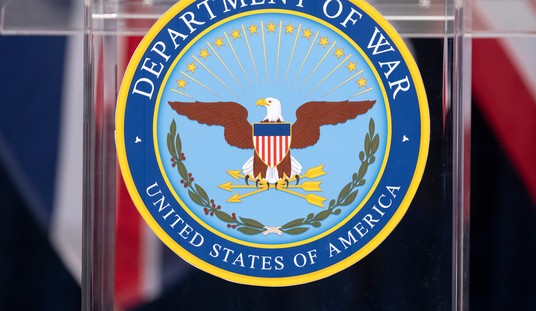For people who claim to care about marginalized groups, some progressives are all too willing to abandon their supposed principles when politics are involved. This is readily apparent in a recent story about New York City council members who refused to support a resolution supporting the Jewish community against increased antisemitic attacks.
A bipartisan New York City Council resolution to recognize April 29 as “End Jew Hatred Day” failed to receive the unanimous support it needed to pass, with six council members voting against it, according to a report from The Forward.
The resolution was introduced in response to the Anti-Defamation League’s recently released annual report, showing a 52 percent increase in antisemitic incidents in 2021 compared to the previous year. The audit revealed 395 incidents of vandalism, harassment, or assault against Jews and Jewish institutions in New York City. In addition, the report noted 66 reports of physical violence.
Two of the 51 council members voted against the resolution, while four abstained from the vote. One council member who abstained claimed Jewish community leaders did not adequately highlight bigotry against Palestinians and supported apartheid in Israel. Another council member who voted against the resolution argued that it was associated with right-wing groups she could not align with. She also accused her critics of being “extremely rude and disrespectful” for criticizing her.
Supporters of the resolution expressed shock at the lack of support, with one council member saying that “antisemitism has become a real problem” in the city. Others criticized their colleagues for not standing with the Jewish community in their fight against rising antisemitism. However, council members who did not support the resolution rejected the criticism. One council member said that she refused to support the initiative because it was championed by “right-wing organizations,” and another council member accused Jewish community leaders of inconsistency in speaking out against hatred.
The lack of unanimous support for the resolution highlights the political divisions surrounding the issue of antisemitism and the challenges in building consensus to combat it. While there is broad agreement that antisemitism is a problem that needs to be addressed, disagreements over how to handle it and the role of Israel and Palestine in the issue have complicated efforts to build a united front against it.
“Your antisemitism is showing,” Inna Vernikov, the Jewish Republican lawmaker who introduced the measure, said to her colleagues who did not support it.
Kalman Yeger, a Jewish Democratic city council member, asked how anyone could “deny that antisemitism has become a real problem” and questioned the notion that members of the city’s legislature “don’t have a grasp of what’s happening in this city; that hatred is real and it’s there?”
Shahan Hanif, one of the members who voted against the proposal, struck back, calling her critics “disrespectful.”
“I think it is extremely disrespectful to be called antisemitic on the floor based off of just one action when I continue to show up for our Jewish colleagues and communities,” she responded.
Hanif, a Muslim, declared that she would not support an endeavor led by “right-wing organizations” and spearheaded by Brooke Goldstein, head of the Lawfare Project, who claimed Palestinians do not exist.
“They have not stood up for Muslims. They have not stood up for trans New Yorkers or anybody,” she asserted. “And I’ve not seen my colleagues step up those who introduced this legislation to support our trans siblings.”
I rarely do this, but in this instance, it might be warranted. Let’s put the shoe on the other foot here, folks. Let’s say there was a wave of bigoted violence against Palestinian Americans living in New York, and right-leaning lawmakers refused to back a similar initiative supporting them just because a left-wing group was leading the charge. It does not take a rocket scientist to predict the incessant handwringing that would come from the left as a result.
The fact of the matter is that Hanif and her ilk do not wish to support the initiative because they care more about politics than protecting people who are victims of bigotry. It is yet another example showing how selective these people are with the “marginalized” groups they choose to protect.













Join the conversation as a VIP Member